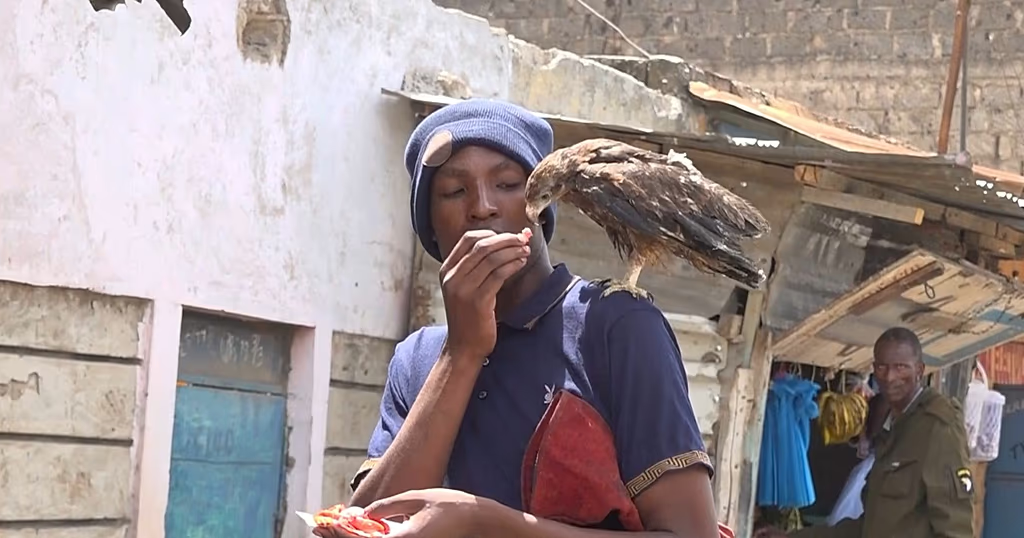Lubango, a city in Angola, is currently facing a concerning rise in malaria cases, with over 1,000 cases diagnosed weekly since February. This surge in cases is attributed to climatic factors and the abundance of water in the rivers, creating an ideal environment for mosquitoes to thrive.
The municipal health department in Lubango has been working tirelessly to combat this outbreak, with the Commune of Hoque being identified as the epicenter of the crisis. Health officials have intensified awareness campaigns and testing services in the area to curb the spread of the disease.
Anita Catihe, the municipal health director, expressed her concern over the late presentation of severe cases of malaria, with many patients already suffering from severe anemia by the time they seek medical help. This delay in seeking treatment poses a significant challenge in managing the disease effectively.
Lubango boasts a robust health network comprising 52 units, including health posts, health centers, and two municipal hospitals. Despite these resources, the city continues to grapple with the high number of malaria cases, highlighting the need for increased prevention and early detection efforts.
Malaria, a deadly disease transmitted through mosquito bites, claims the lives of over 600,000 people annually, with a majority of the deaths occurring in Africa. Children under the age of five are particularly vulnerable, accounting for more than 80% of malaria-related deaths on the continent.
As the malaria peak is expected to persist until April, the authorities in Lubango are urging residents to take preventive measures such as using insecticide-treated bed nets and seeking prompt medical attention at the first sign of symptoms. By raising awareness and implementing proactive measures, the city aims to reduce the burden of malaria and protect the health of its population.



